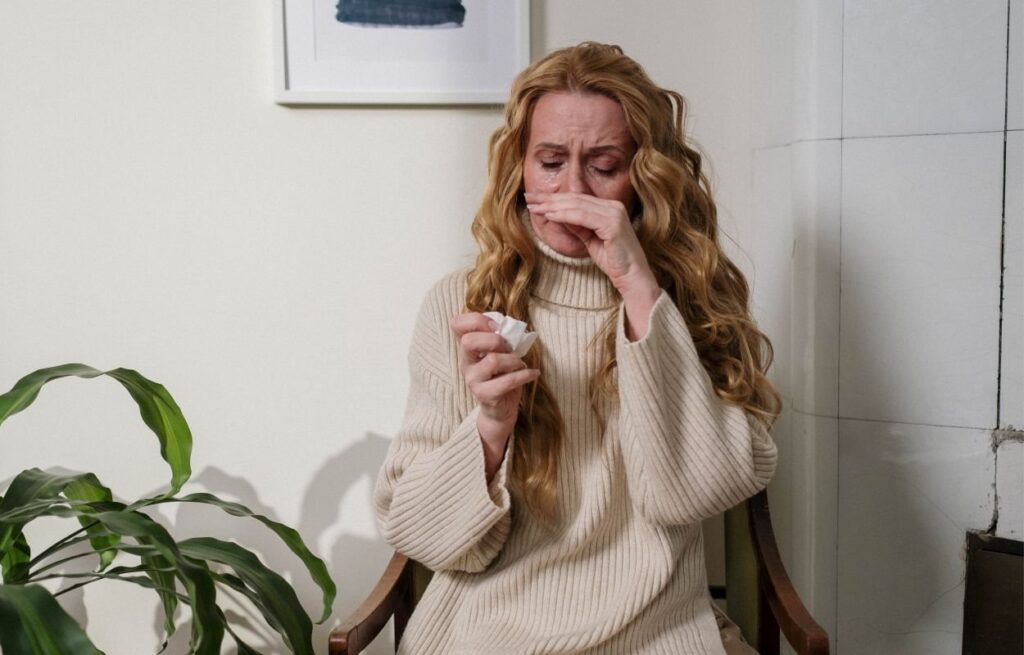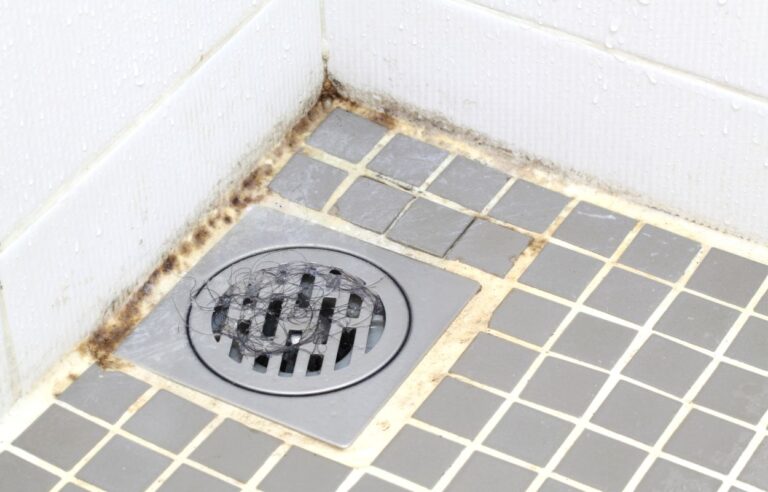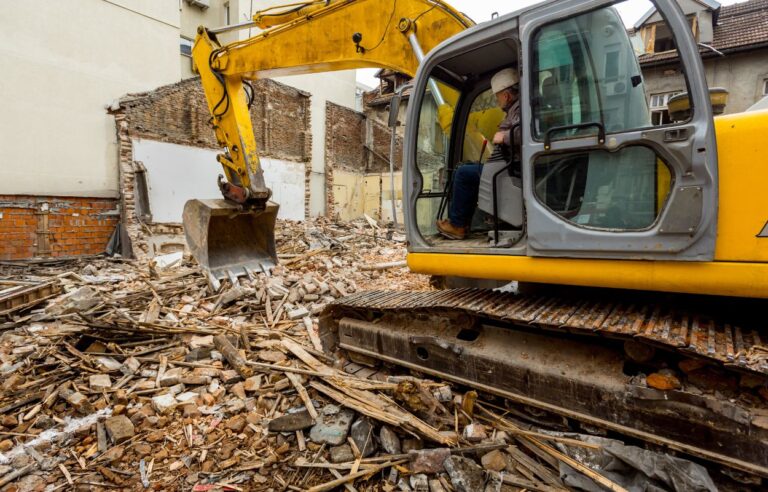
Mold is sneaky. It hides in dark corners, grows in damp places, and spreads without much warning. And for many people, mold isn’t just annoying—it’s a health hazard. If you’ve ever had a runny nose, itchy eyes, or even trouble breathing in certain rooms, mold might be the reason.
Living in a damp climate like Victoria makes mold even more common. So let’s talk about how mold can affect your health, especially when it comes to allergies. And more importantly, let’s chat about how you can deal with it.
WHAT IS MOLD, REALLY?
Mold is a type of fungus. It thrives in moist, warm environments. Think bathrooms, basements, and areas with water damage. It spreads through tiny spores that float through the air. You can’t always see mold, but you can often smell it. That musty, damp scent? Yep, that’s mold.
Some molds are harmless. Others can cause serious health problems. And once it starts growing, it doesn’t stop easily. That’s why regular cleaning and proper ventilation matter so much.
WHY MOLD AFFECTS PEOPLE DIFFERENTLY
Not everyone reacts to mold in the same way. Some people can be around it for years and feel fine. Others walk into a moldy room and start sneezing right away.
It all depends on your immune system. If you have allergies, asthma, or a weaker immune response, you’re more likely to notice symptoms. Mold spores can trigger allergic reactions even in people who’ve never had them before.
Kids, seniors, and anyone with respiratory issues are especially at risk. Mold doesn’t play favorites, but it does hit some people harder than others.
COMMON ALLERGY SYMPTOMS CAUSED BY MOLD
Ever feel like you’re coming down with a cold that never quite goes away? Mold might be to blame. Mold allergy symptoms can look a lot like regular seasonal allergies or mild colds. Here are a few signs to look out for:
-
Sneezing
-
Runny or stuffy nose
-
Coughing
-
Watery, itchy eyes
-
Dry or scaly skin
-
Sinus headaches
-
Trouble breathing
If these symptoms show up only in certain places—like your basement or bathroom—it’s time to investigate. Your body might be reacting to mold in the air.
HOW MOLD MAKES EXISTING HEALTH ISSUES WORSE
If you already struggle with allergies or asthma, mold can make things worse. Breathing in mold spores can inflame your airways. That makes asthma harder to manage and allergy symptoms more intense.
In some severe cases, mold exposure can lead to infections in the lungs. People with compromised immune systems need to be especially careful.
Chronic exposure is the real problem. The longer you breathe in mold, the more your body reacts. You might get tired more easily. You may feel like you’re always sick. Over time, it can take a toll on your overall health.
WHERE MOLD HIDES IN YOUR HOME
Mold isn’t always obvious. It doesn’t just show up in flooded basements. It hides in everyday places, like:
-
Behind wallpaper
-
Under sinks
-
Inside walls after a leak
-
Around windows
-
In carpets
-
On ceiling tiles
It loves places with poor ventilation and high humidity. Bathrooms without fans, kitchens with steam buildup, and laundry rooms are mold magnets.
Regular home inspections can help you catch mold before it becomes a serious problem. If you spot peeling paint, warped walls, or a musty smell, don’t ignore it.
WHAT TO DO IF YOU THINK MOLD IS MAKING YOU SICK
If you think mold is affecting your health, take action quickly. First, try to identify where it’s coming from. Check areas with leaks or water damage. Look for dark spots or fuzzy patches. Pay attention to how your body reacts in different rooms.
Next, talk to your doctor. Let them know about your symptoms and any potential mold exposure. They might suggest allergy testing or other treatments.
Then it’s time to deal with the mold itself. This is where professionals come in. Especially in Victoria’s damp climate, mold can spread fast. Trying to clean it up yourself can sometimes make things worse by releasing more spores into the air.
WHY PROFESSIONAL MOLD ABATEMENT IS IMPORTANT
DIY mold removal sounds tempting, but it’s rarely the best choice. Mold isn’t like regular dirt. It grows deep into surfaces and keeps coming back if not removed properly.
Professionals know how to contain the problem. They use specialized equipment to remove mold safely and completely. They also find the source of moisture and fix it. Otherwise, the mold will just return.
Getting professional mold abatement in Victoria is especially important. The moist air and frequent rain make this area perfect for mold growth. You need someone who understands the local climate and how it affects buildings here.
PREVENTING MOLD FROM COMING BACK
Once you get rid of mold, the goal is to keep it away. The best way to do that is to control moisture in your home. Here are a few simple tips:
-
Use exhaust fans in bathrooms and kitchens
-
Fix leaks as soon as they happen
-
Use a dehumidifier in damp areas
-
Keep windows open when the weather allows
-
Clean up spills quickly
-
Don’t let clothes sit wet for too long
Prevention is key. You might not be able to stop mold spores from entering your home, but you can stop them from growing.
MOLD ISN’T JUST GROSS—IT’S A HEALTH HAZARD
It’s easy to dismiss mold as a cosmetic issue. Maybe you just wipe it off the wall and move on. But when it comes to your health, mold is more than just an eyesore. It can affect your breathing, your energy, and your quality of life.
For families, mold can create constant health issues, especially for kids. For people with asthma, it can trigger dangerous attacks. For allergy sufferers, it can make life miserable.
That’s why mold abatement in Victoria isn’t something to put off. Whether you’re renting or own your home, you deserve a healthy space. Don’t wait until the symptoms get worse.
FINAL THOUGHTS
Your home should be a safe, healthy place. Mold might be small, but the impact it has on your health can be huge. Pay attention to the signs. Trust your instincts. If your body feels off in certain rooms, there’s probably a reason.
Whether you’re dealing with a full-blown mold problem or just want peace of mind, taking action now can save you stress later. And remember, you’re not alone. There are pros who can help you breathe easier—literally.
Keep your space dry, stay alert for hidden mold, and take control of your indoor air. You—and your health—are worth it.
